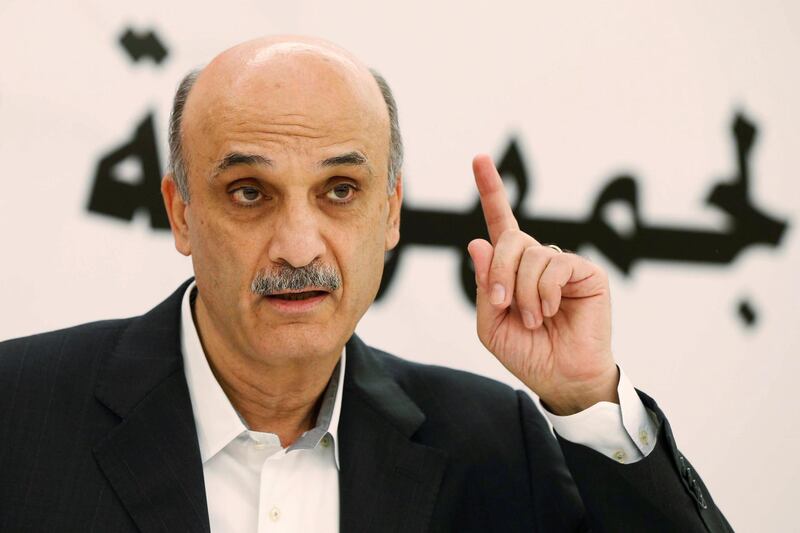Lebanese officials say they are set to reach a breakthrough in talks to form the next cabinet, nearly six months after parliamentary elections.
An agreement between rival Lebanese political parties would pave the way for the formation of a "national unity" government that represents the major factions. The formation would resolve months of political deadlock over the number of cabinet seats allocated to each party and the distribution of key ministerial portfolios that give significant executive powers.
Local and international officials have been calling for Lebanon to form a new cabinet quickly in order to pass much-needed reform at a time when the long-stalling economy is on the verge of total collapse.
As with the usual horsetrading of Lebanese politics, it is not yet clear if all concerns have been resolved and there is still the possibility that and last-minute snags could again delay formation. Namely, Hezbollah may derail a final agreement if one of its Sunni allies is not allocated a seat in government, according to Lebanon's pro-Hezbollah Al Akhbar newspaper.
However Samir Geagea, the head of the Christian majority Lebanese Forces (LF) party said on Monday that his group would participate in government, clearing one of the obstacles that has delayed progress. Earlier comments by senior LF officials suggested that they may boycott the government in protest at the cabinet posts they have been offered.
___________
Read more:
Lebanon's leaders and the marathon task of cabinet formation
Lebanon's Saad Al-Hariri expects new cabinet soon
Saad Hariri hits a brick wall with Lebanon's cabinet formation in deadlock
___________
The rivalry between the LF and their main Christian rival, the Free Patriotic Movement, founded by current president Michel Aoun has been the main impediment blocking government formation. Both are competing for a larger share of Christian representation in the expected 30-member cabinet after both did well in May's election, the first national poll in nine years.
In a press conference on Monday, Mr Geagea said that he would contend with his group's offered four posts, indicating a possible political victory for Mr Aoun and potentially the end to the disagreement that has stalled progress.
"There is a very big injustice to the Lebanese Forces," Mr Geagea said. However, "the LF had decided to enter the government to achieve party goals from the inside."
The FPM welcomed the LF's announcement.
Meanwhile, Lebanese Parliament Speaker Nabih Berri told reporters that “in principle, something should happen today," with regards to the cabinet formation.
The head of Hezbollah's parliamentary bloc, Mohammad Raad said that negotiations over cabinet formation were in their “final stage”.
Lebanon has been without a government since May’s parliamentary elections. A confessional political system established after the country’s 15-year-long civil war has entrenched a need to ensure a sectarian balance in a country of 18 official sects. This means that it can take months or years to agree on a government that includes all major factions.
The last government was formed on December 18, 2016, just a month after prime minister-designate Saad Hariri was tasked with leading negotiations and heading the government. By contrast, the previous cabinet headed by Tammam Salam took 10 months to be agreed.
This time around, the nearly six-month-long political deadlock has threatened to embroil the country in an economic crisis given the country currently has the third largest debt-to-GDP ratio in the world.
The formation of a government would unlock money pledged by the international community in April to help the country’s struggling economy and would allow the country to benefit from other loans from the World Bank.





